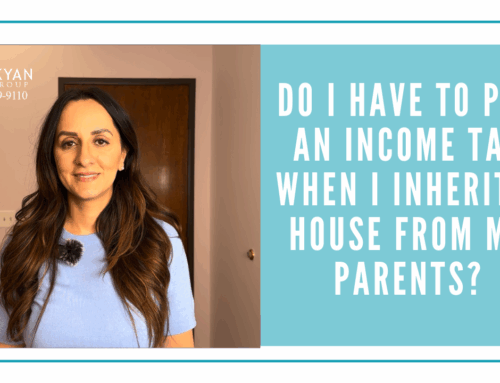The funeral business industry is one of the highest earning industries in the U.S. When you think of funerals and burials, your mind likely goes to a wooden casket being lowered six feet into the ground. Or you may think of a family member holding on to the ashes of their loved one who passed away. But while someone is alive, they have the freedom to make their end of life choices in an estate plan. Some people stick to traditional burials while others get a little more creative. Here are some ways one’s end-of-life wishes can live on after they pass.
Decisions About Organ Donation in an Estate Plan for End of Life
When making an estate plan, it’s important to discuss your decisions about organ donation with your estate planning attorney. Whomever you appoint as your power of attorney for health has the right to make the decision of donating your organs upon your death. These organ and body part donations can then be used for scientific or medical purposes, unless stated otherwise in your estate plan.
Disposal Methods of Remains in an Estate Plan
Your estate plan should also include your desired disposal method. The most common methods are burial and cremation. However, with today’s advancements, you have many other options of disposal at hand. You can discuss your desired method of disposal with your estate planning attorney to be included in your estate plan. You may choose any disposal method that aligns with your personal beliefs and value system.
Type of Funeral Ceremony
Included in your estate plan should also be the type of funeral service and ceremony you’d like to have. Funeral ceremonies vary in religion and culture so your estate plan should include a detailed description of your disposition wishes for your spouse to fulfill if you have specific disposition goals. You may also choose to be broad in your descriptions and leave your ceremony decisions up to your spouse to decide.
Your estate plan is in your hands and you can coordinate your end-of-life wishes exactly as you please. Whether you have a detailed blueprint of what you want done after your death or if you’re leaving all those decisions to your spouse– is up to you, but the place to start is with an estate plan.





